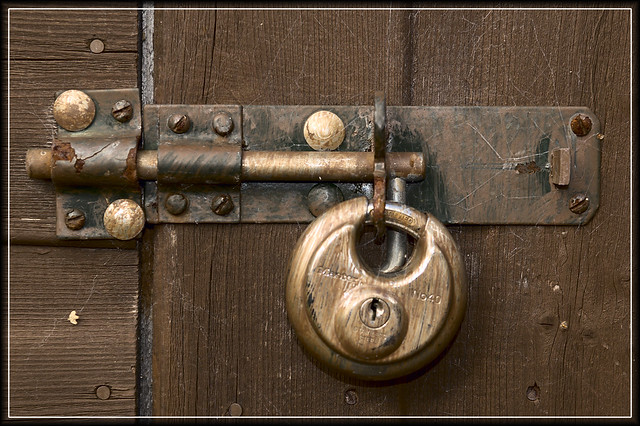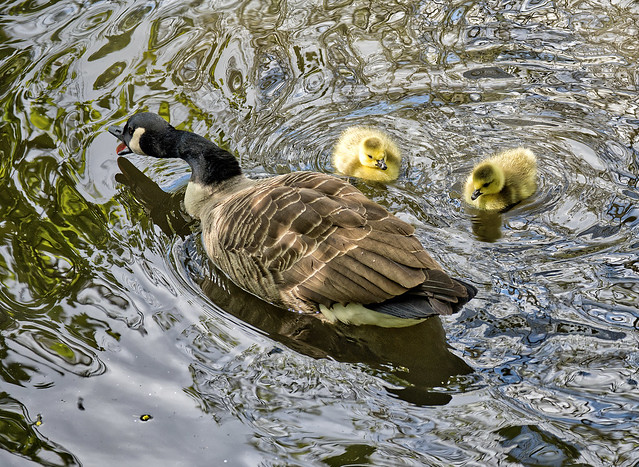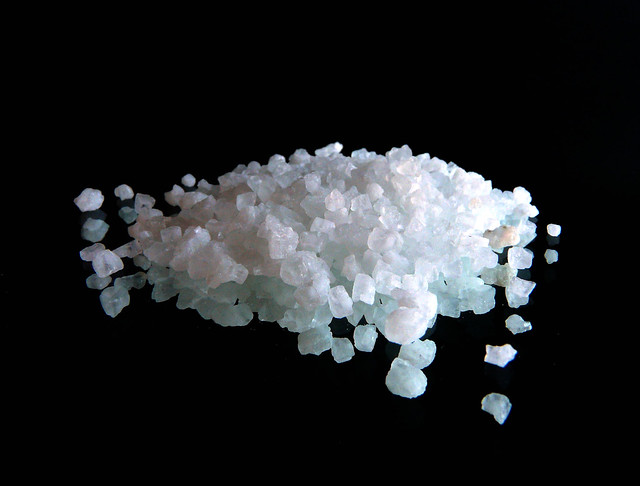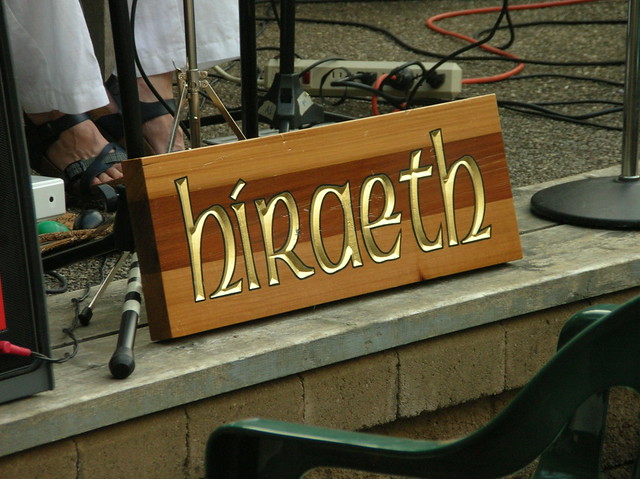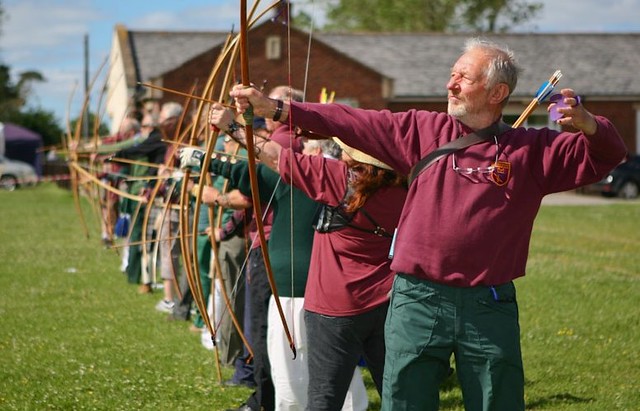Today we’re looking at the words for locks, bolts and related things in Celtic languages.
| Proto-Celtic | *klāwos = bolt |
|---|---|
| Old Irish (Goídelc) | cló, cloë = nail, spike |
| Irish (Gaeilge) | cló [klˠoː] = form, shape, appearance; impression, mould; print, type; nail, spike clóbhuail = print clóchur = (type) setting clóchuradóir = type-setter clódóir = printer, dyer clódóireacht = printing; dyeing, colouring; misrepresentation clóghrafaíocht = typography clóphreas = printing press clóscríobh = typing, typewriting; to type cló-eagar = composition cló-eagraí = compositor cló-eagraigh = to compose |
| Scottish Gaelic (Gàidhlig) | clò [kl̪ˠɔː] = cloth, woven material, tweed; print; imprint; spike, nail; peg, pin clò-bhualadh = printing, publication, printout clò-bhualadair = printer (machine & printing house) clò-ghrafachd = typography clò-sgrìobhadair = typist, typewriter clò-shuidheachadh = typesetting Clò na Hearadh = Harris Tweed cruth-clò = font |
| Manx (Gaelg) | clou = edition, print, printed matter, printing press, publication, type clouder = printer clougraafeeaght = typography clouscreeudeyr = typist clou doo, clou trome = bold type clou Gaelgagh = Gaelic type clou gorrym = blueprint soiaghey clou = type-setting soieder clou = type-setter |
| Proto-Brythonic | *klọw = bolt |
| Middle Welsh (Kymraec) | clo, klo = lock, bolt |
| Welsh (Cymraeg) | clo [kloː] = lock, bolt; impediment, difficulty; brake; cluster, bunch; conclusion ar glo = locked clo clap, clo clec, clo clwt = padlock clo rheswm = conclusion cyfnod clo = lockdown tan glo (ac allwydd) = locked (up), under lock and key cload = locking, end, conclusion, closure cloadwy = lockable, locked, final cloëdig, cloiedig = locked, secure, closed, concealed, bound, confined cloi = to lock, shut, bind, clinch, conclude |
| Old Breton | clou = bolt |
| Middle Breton | clao = bolt |
| Breton (Brezhoneg) | klaou = gear, key, mesh |
Words marked with a * are reconstructions.
Etymology from the Proto-Indo-European *kleh₂w-os (bolt, bar, hook), from *(s)kleh₂w- (hook, crook, peg) [source].
Words from the same PIE root, via the Latin clāvis (key), include: chiave (key, spanner) in Italian, clé (key, wrench, spanner) and clef (clef (in music)) in French, clef, clavicle and clavichord in English, and llave (key, spanner, wrench, tap, spigot, switch) in Spanish [source].
I can’t find a cognate word in Cornish. A lock is a strother, and a bolt is a ebil. The origins of these words are not known.
Sources: Wiktionary, Am Faclair Beag, Online Manx Dictionary, Teanglann.ie, eDIL – Electronic Dictionary of the Irish Language, In Dúil Bélrai English – Old Irish glossary, Geiriadur Prifysgol Cymru, Gerlyver Kernewek, Gerlyvyr Cernewec, Dictionaire Favereau, TermOfis, Le dictionnaire diachronique du breton, Geriafurch, English – ProtoCeltic WordList (PDF), Etymological Dictionary Of Proto Celtic
